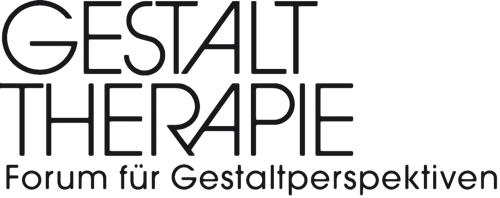Zusammenfassung
Ein kürzlich veröffentlichter UN-Bericht warnt davor, dass wir auf eine beispiellose globale Krise zusteuern, wenn wir unsere Art zu leben und zu wirtschaften nicht radikal ändern. Der Klimawandel ist kein hypothetisches Argument mehr, sondern eine Realität, die die Existenz des menschlichen und nichtmenschlichen Lebens auf dem Planeten bedroht. Können wir es uns angesichts dieser Informationen leisten, weiterhin Psychotherapie mit Fokus auf Einzelne und ihre persönlichen Bedürfnisse zu praktizieren, oder müssen wir die Rolle der Psychotherapie in ihrer mangelnden Beziehung zur `mehr-als-menschlichen Welt´ radikal hinterfragen? Dieser Artikel untersucht, wo Aspekte der Gestalt-Psychotherapie möglicherweise zu eng mit dem kapitalistischen Paradigma in Einklang stehen, das uns die Erde kosten könnte. Ich behaupte, dass wir unsere Vorstellung von dem, was Teil des Feldes ist, erweitern müssen. Ich reflektiere unsere Theorie in Bezug auf Anthropozentrismus, Individualität, Materialismus, Privatisierung, Wachstum, Fortschritt und das Fehlen einer kosmologischen Perspektive. Dies ist keineswegs ein erschöpfender Überblick, sondern ein Versuch, das Gespräch zu eröffnen.
Abstract
How Wide is the Field? Gestalt Therapy, Capitalism and the Natural World. A recent UN report has warned that we are heading for an unprecedented global crisis if we do not radically change our ways. Climate change is no longer a hypothetical argument but a reality that threatens the existence of human and other-than-human life on the planet. With that information in mind, can we afford to keep practising psychotherapy with a focus on the individual and their personal needs , or do we need to radically question the role of psychotherapy in its lack of relationship to the more-than-human world? This article investigates where aspects of Gestalt psychotherapy may be too closely aligned with the capitalist paradigm, that risks costing us the Earth. I argue that we need to widen our notion of what is part of the field. I reflect on our theory in relation to anthropocentrism, individuality, materialism privatisation, growth, progress and the lack of a cosmological perspective. This is by no means an exhaustive overview but an attempt to open the conversation.
